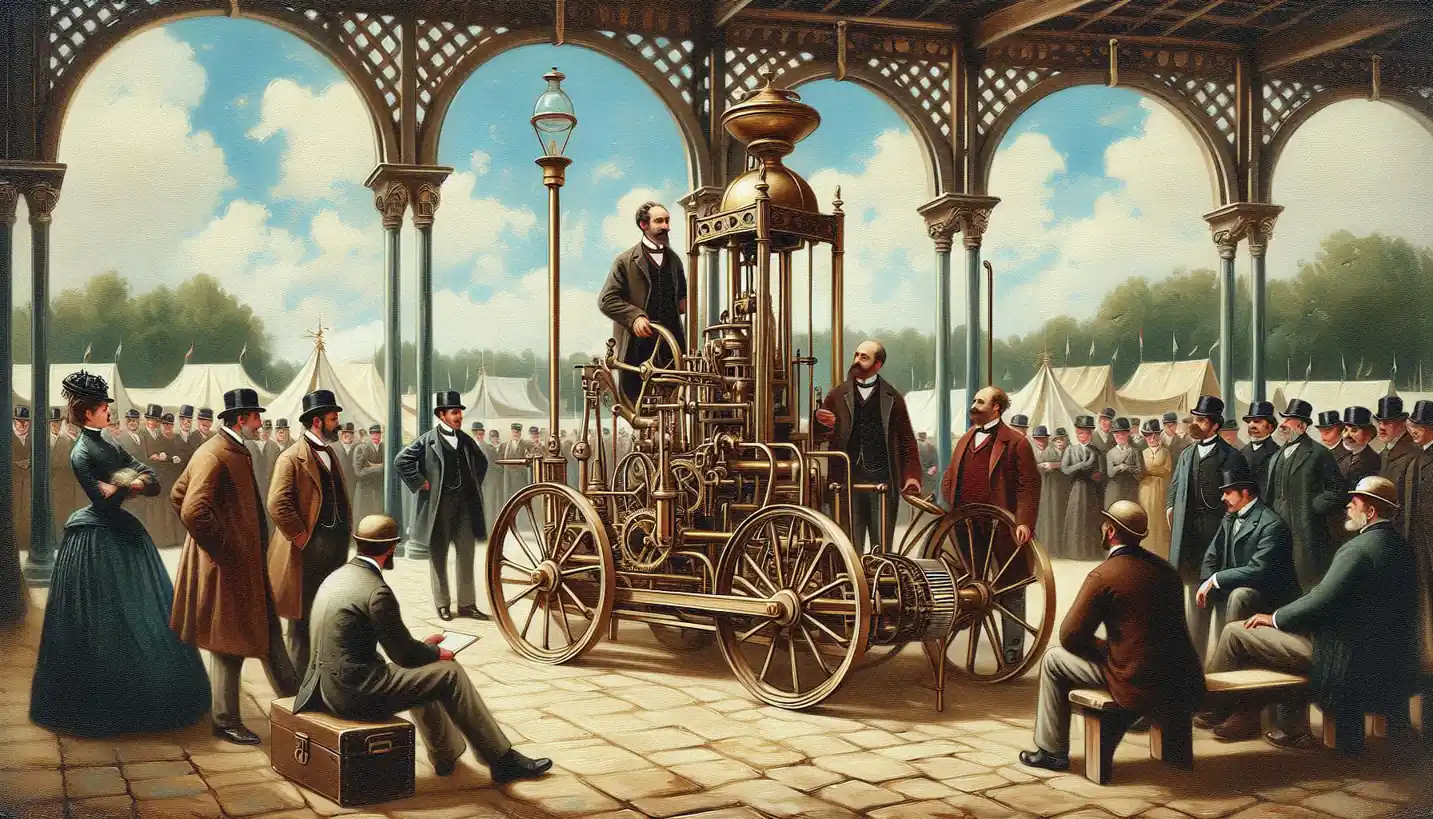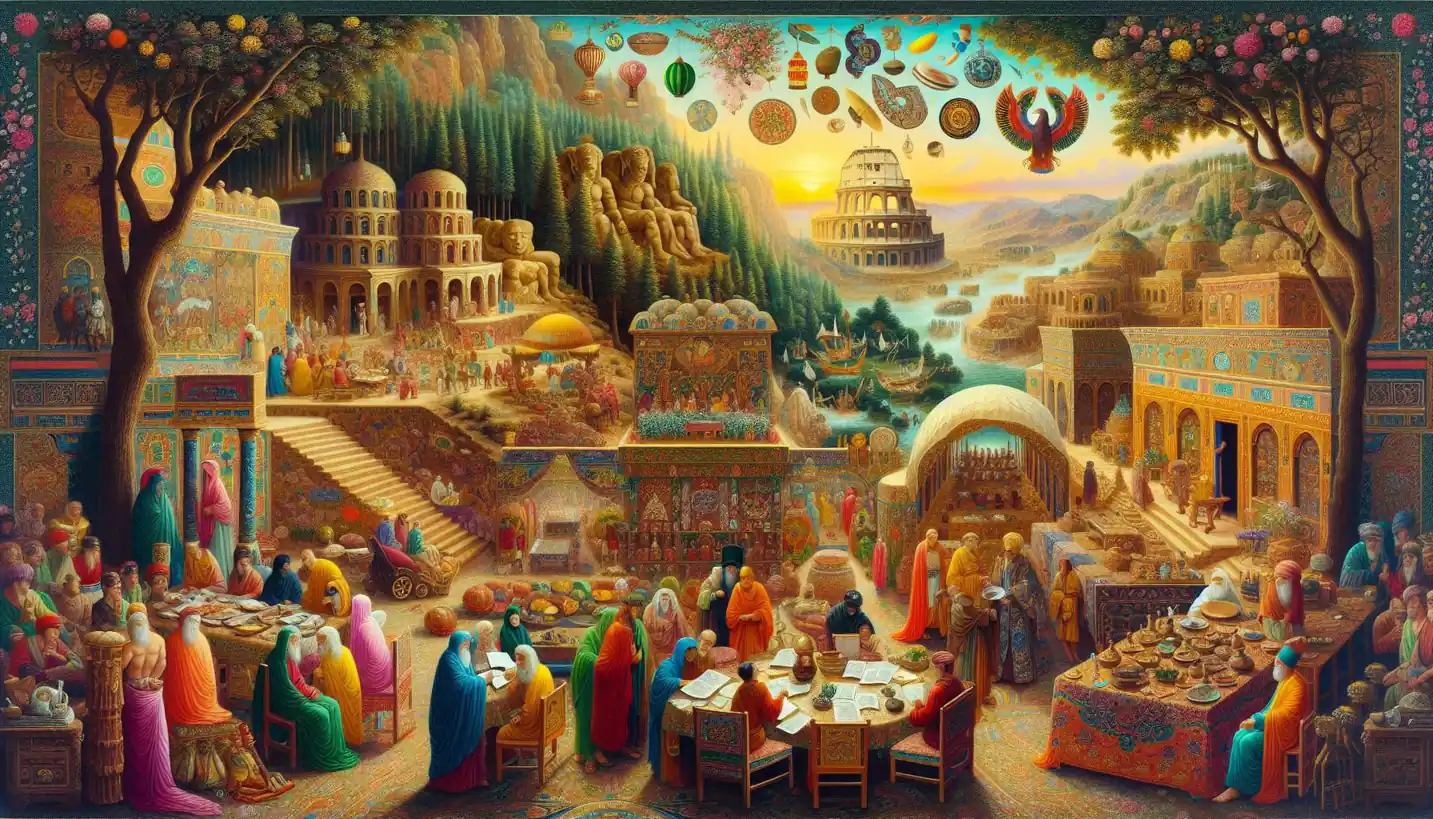· History · 4 min read
Natural Philosophy: Tracing the Roots of Modern Science and Curiosity
Natural Philosophy laid the foundational stones for the scientific methods we know today. Journey through its evolution and find out how it fueled humanity's quest for knowledge.

Long ago, before the word “science” was even a thing, folks dabbled in something called natural philosophy. That was basically their way of trying to make sense of the world around them. Imagine a time when people were just beginning to peek behind the curtain of nature’s secrets and wonder about the “how” and “why” of everything. This curious pursuit laid the foundation for what we know today as science.
Natural philosophy wasn’t just about observing nature; it was about thinking deeply and asking big questions. The ancient Greek philosophers, like Aristotle and Plato, were pioneers of this tradition. They didn’t have fancy lab equipment or digital models, but they had their minds and an insatiable curiosity. These thinkers were all about exploring ideas, pondering existence, and trying to figure out the laws that govern everything.
The Age of Curiosity and Observation
Fast forward to the Renaissance, and you’ll find the scene really buzzing with excitement. People like Galileo Galilei and René Descartes were kicking things up a notch. They weren’t just sitting back and theorizing; they were observing, measuring, and experimenting. Galileo, for instance, pointed his telescope at the night sky and made groundbreaking discoveries about the planets, showing that they weren’t the perfect heavenly bodies people once thought.
This era saw natural philosophy evolve into something more structured and methodical. Observations and experiments became the stars of the show, paving the way for the scientific method. This shift was essential because it helped move from just thinking about the world to actively interacting with it and validating ideas through evidence.
Natural Philosophy to Natural Science: The Transition
The 17th century was a game-changer. Isaac Newton, a major player in this transformation, blew everyone’s minds with his ideas about gravity. His work “Philosophiæ Naturalis Principia Mathematica” was a masterpiece of combining mathematics with natural philosophy to describe the universe.
Newton’s approach was all about applying math to nature. He didn’t see any divide between natural philosophy and what we’d call science today. In fact, his methods and findings helped shape the new world of natural science, making it more precise and empirical.
The Role of Institutions and Communication
During this exciting time, societies and institutions started forming, like the Royal Society in England. These groups were places where thinkers could swap ideas, share experiments, and debate theories. Communication was key. Publishing findings in journals became popular, allowing for ideas to spread and be scrutinized by others.
The works of Francis Bacon also became important. He was all about the idea of induction, suggesting that one should start with observations and build theories from there. This was another step away from the purely speculative approach of earlier eras.
Natural Philosophy’s Lasting Impact on Modern Science
So, why does natural philosophy matter now? Well, it’s pretty much the root of everything we see in science today. Those early thinkers laid the groundwork for our understanding of biology, physics, chemistry, and more. By emphasizing observation and logic, they set the stage for inquiry that would lead to breakthroughs in every corner of science.
Not only did natural philosophy create a path for modern science, but it also instilled a sense of wonder and relentless pursuit of knowledge. We’re still asking big questions, much like the philosophers of old, although now we’ve got far more tools at our disposal.
The Spirit of Inquiry: Carrying Forward the Legacy
In today’s world of specialized fields and high-tech gadgets, the spirit of natural philosophy lives on. The way we push boundaries, challenge ideas, and explore new frontiers is directly tied to those roots. Whether it’s searching the vastness of space or delving deep into atomic particles, that hunger to know more is timeless.
Let’s reflect on how this journey from natural philosophy to modern science reminds us of the importance of curiosity and open-mindedness. What questions might we be posing today that could revolutionize knowledge tomorrow? How will our current path influence future generations of thinkers?
Natural philosophy, with its fascinating history, shows us that the quest to understand our universe is a never-ending story. And that story invites each of us to be a part of its unfolding chapters.



